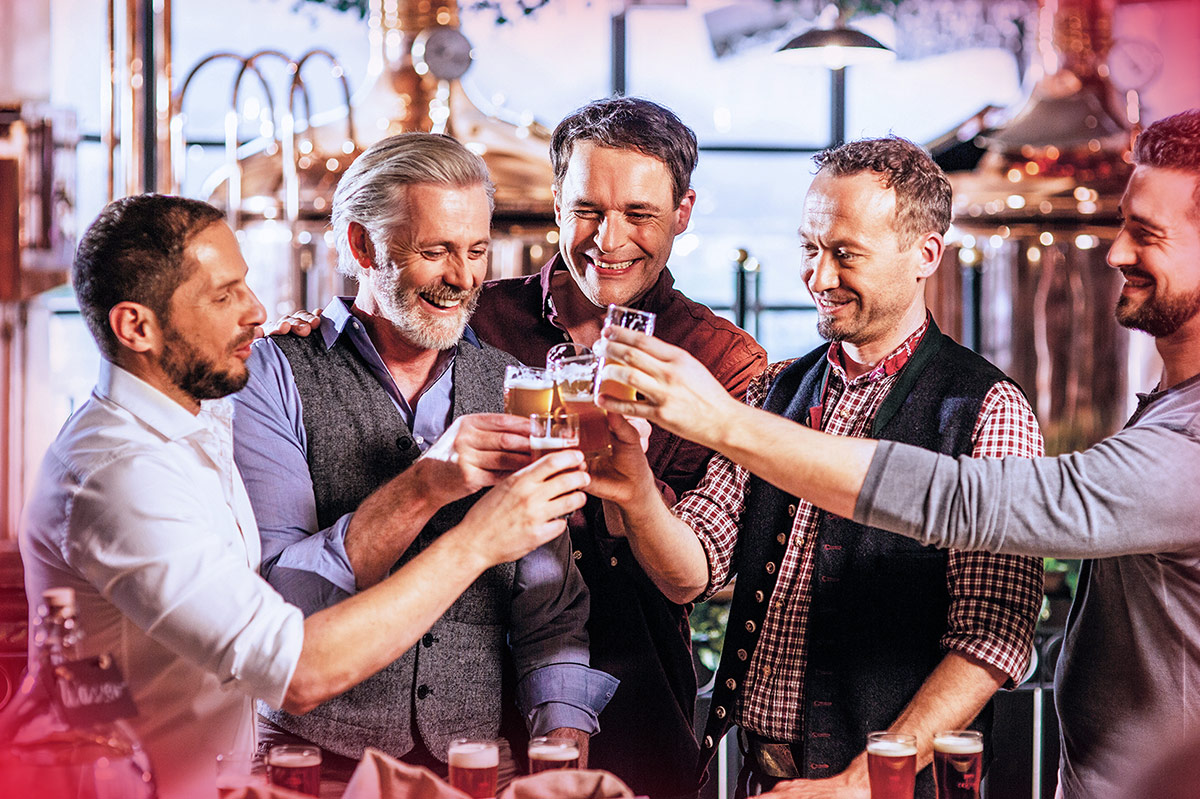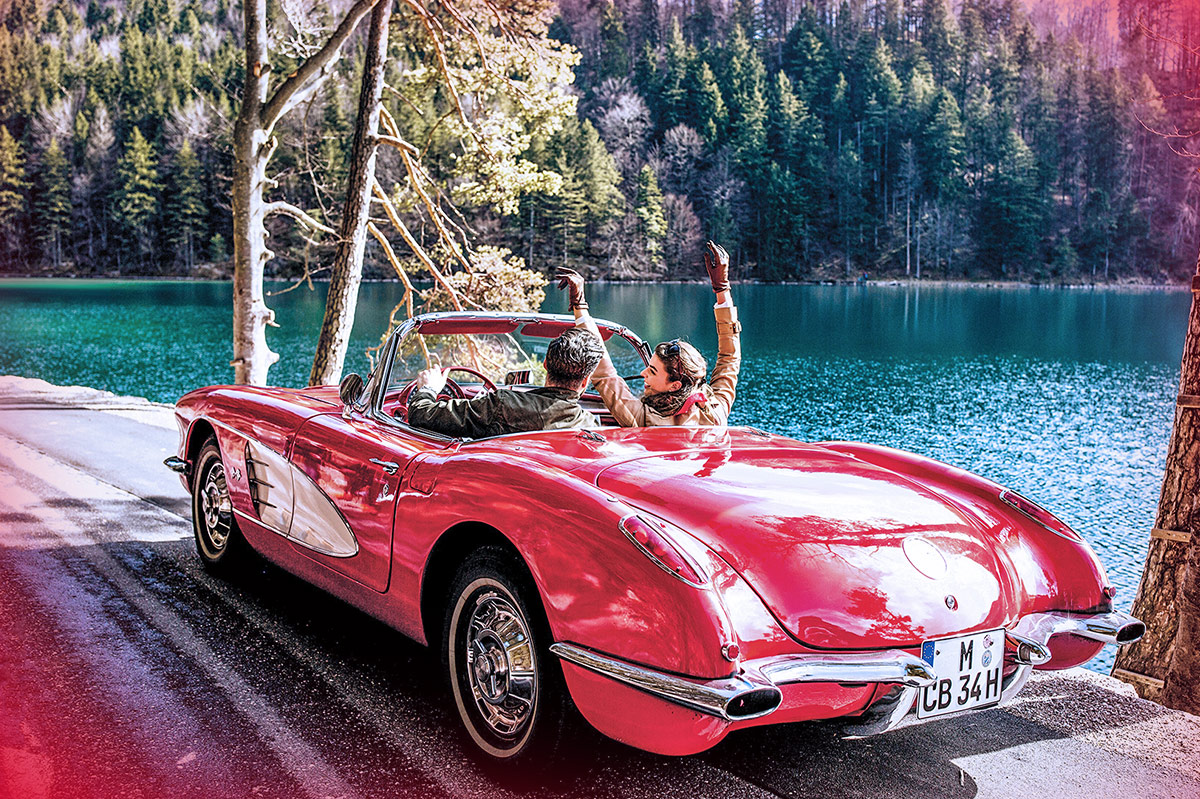Parachute jumping. Learning to yodel. Climbing your first 3,000-meter peak. Exploring Tuscany in a convertible. As different as these experiences are, they have one thing in common: They deliver satisfaction. Why is that?
Everything we know about Thomas D. Gilovich, an American researcher, suggests that he is a fact-oriented, scientifically-minded person. He holds a PhD in psychology and teaches at the prestigious Cornell University in Ithaca, New York, where he researches questions in psychology such as everyday decision-making, critical thinking and behavioral economics. Gilovich is considered an expert in his field. But what really fires him up is exploring the meaning of experiences.
In an essay entitled “Why You Should Spend Your Money on Experiences, Not Things,” the researcher explains why the things we do usually give us pleasure for far longer than the things we buy. “One of the enemies of happiness is adaptation,” Gilovich says. “We buy things to make us happy and we succeed. But only for a while. New things are exciting to us at first, but then we adapt to them.”
This effect was confirmed by a study that asked participants to compare their satisfaction with major purchases versus paid-for experiences. While these were on a par at the beginning of the study, satisfaction with the purchased items waned as time went on. By contrast, the happiness people derived from their experiences in fact grew over time.
» Experiences grow more valuable the more often we recall them. «
Do these findings really bear out? After all, even a long vacation is history as soon as you’re back home, while a new car or a pricey ring is normally still in your possession months after the purchase. Ironically, it is this fact that works against your satisfaction: We quickly get used to things we own precisely because they are always around. Even the fastest car and the most valuable diamond ring soon become part of the wallpaper of our lives. But experiences grow more valuable the more often we recall them – especially when we do it with other people.
That’s because the beautiful thing about experiences is that they strengthen our bonds with others. “Even if you have nothing else in common, you’re much more likely to bond with someone over both having hiked the Appalachian Trail than you are over both owning the same fitness tracker,” is how the US-based business magazine Fast Company describes this effect.
“Our experiences are a bigger part of ourselves than our material goods,” Gilovich says. “You can even think that part of your identity is connected to your material things, but nonetheless they remain separate from you. In contrast, your experiences really are part of you. We are the sum total of our experiences.”
That explains why nowadays real experiences are considered riches – because they deliver huge gains in every sense of the word. And the same goes for people who organize and provide unforgettable experiences.




